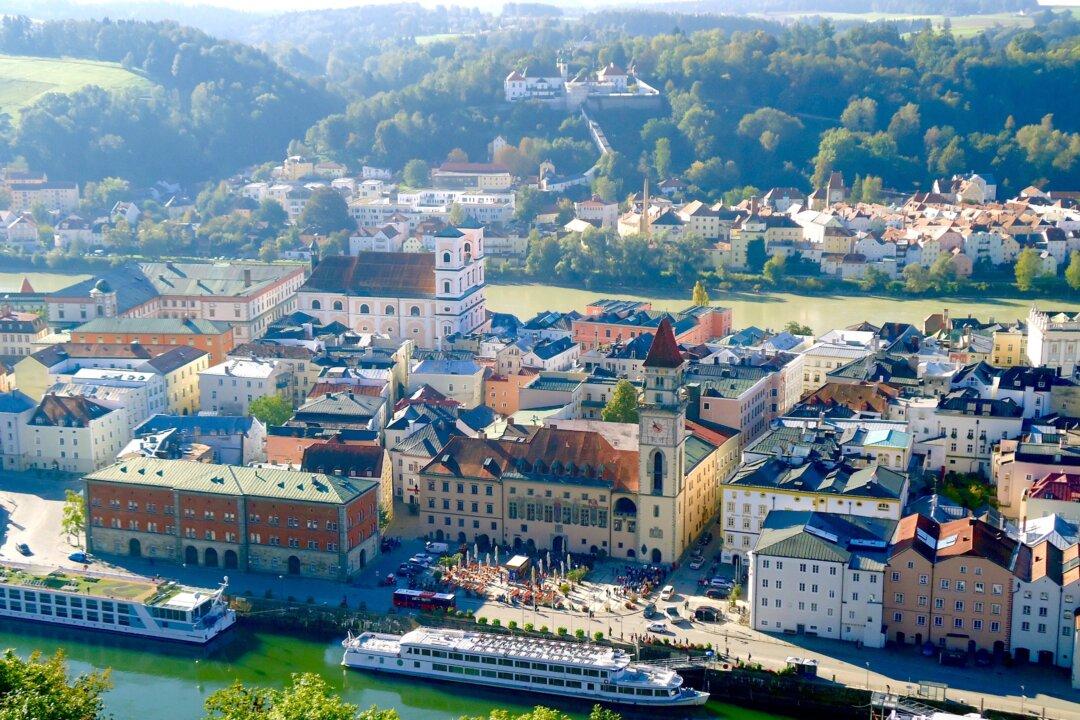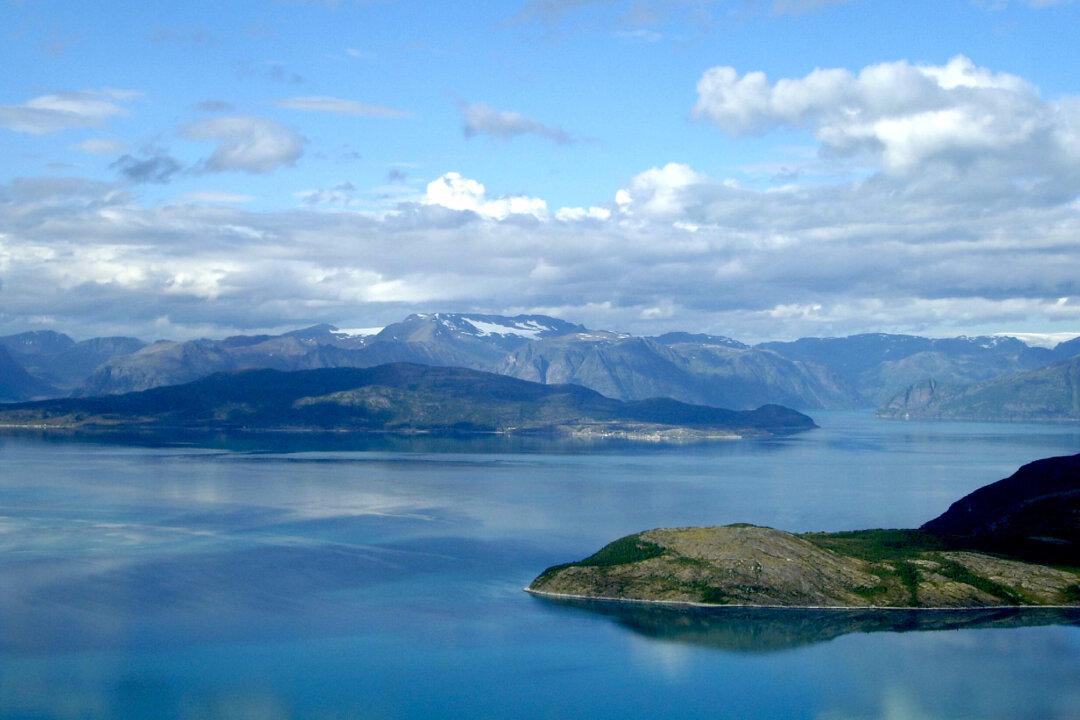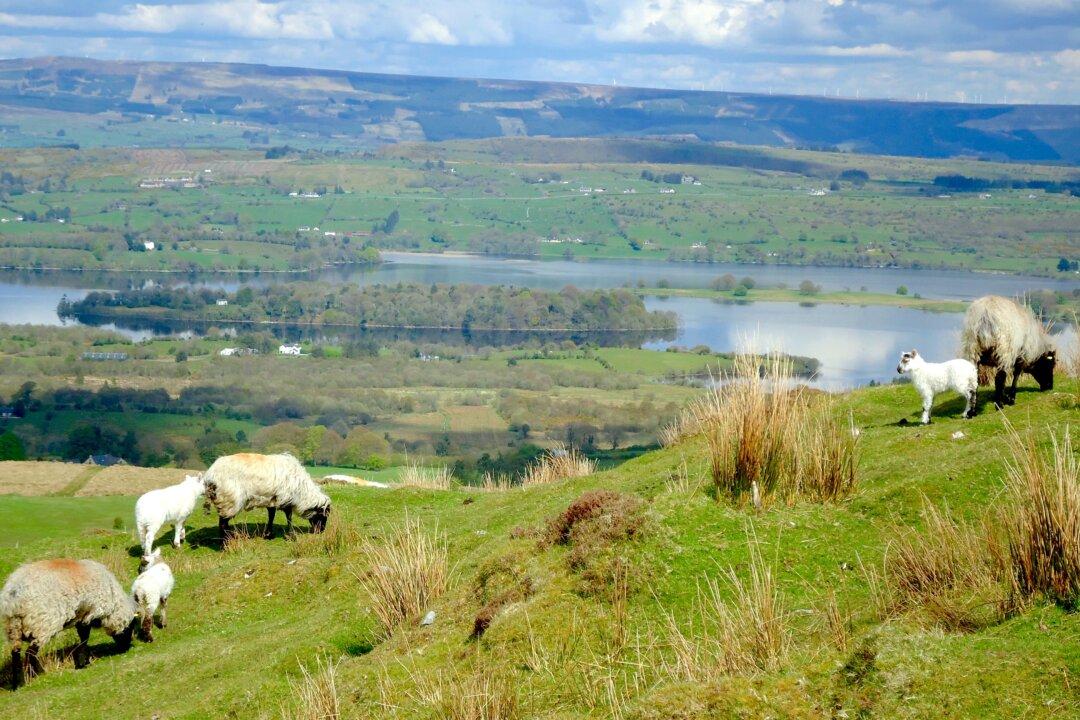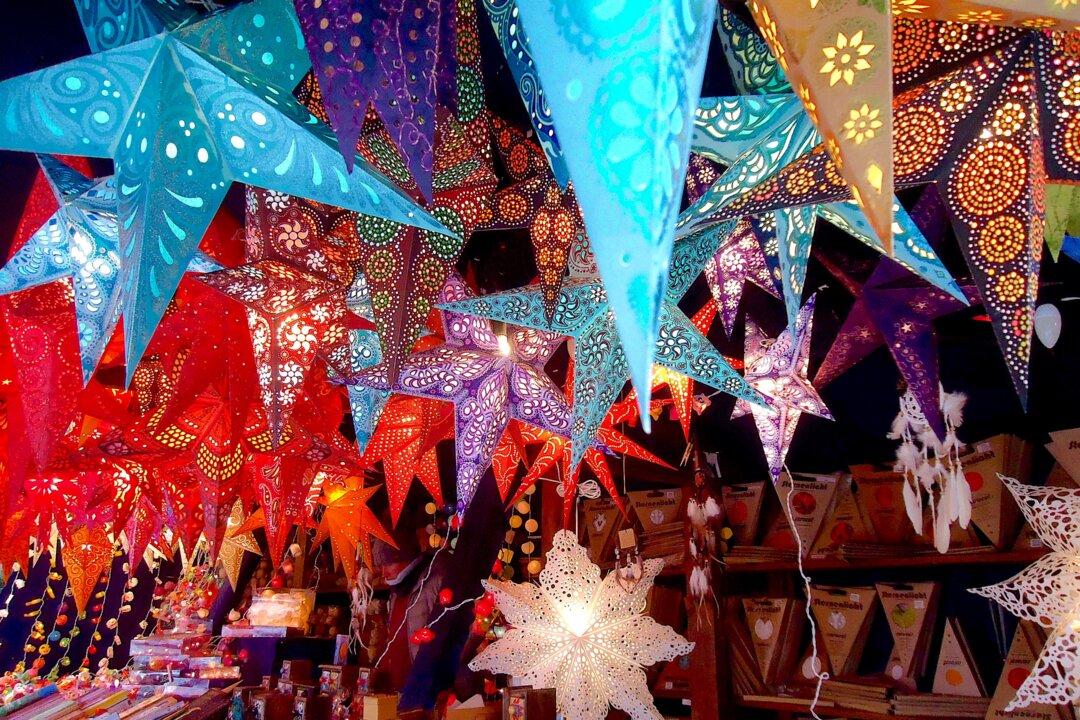Who you meet can be as exciting as what you see during the Emirates Airline Festival of Literature in Dubai.
Last March marked the Emirates’ sixth annual celebration of the written word with writers from all over the world flying in to participate in a week of scheduled events. Popular fiction writers, murder mystery authors, celebrity chefs, biographers, journalists, calligraphers, and poets showed up for a packed program of panels, workshops and Q&As to entertain, enlighten, and amuse enthusiastic audiences.
Want advice on trendy topics for that bestseller you’ve been contemplating? Need to know how to get it published after it’s finished? The wordsmiths at the Festival of Literature will tell you in a dozen easy steps. As a special bonus, you can explore the wonderful world of ski slopes, sand dunes, and Arabian souks just outside the window.
The Host City
The home of the festival, Dubai, is an amazing place, an Emerald City that soars in jagged high-rise spires out of a desert that just a generation ago housed a few coral block buildings and some roaming camels. Fishing dhows with lateen rigs still sail up and down Dubai Creek as they have for millennia, but instead of Indian traders and Persian merchants clustering their wharves, skyscrapers, hallmarked by the world’s tallest building, form walls of glass and steel behind them.
At the edge of this surreal scene, a celebration of books seems somehow right. Dubai’s Festival of Literature is the brainchild of British-born Isobel Abdulhoul, who came here as a bride in 1968.
During the festival, I met with Abdulhoul at a lunch prepared by chef and cookbook author Greg Malouf. Over grilled quail, homemade laban cheese, and fresh sesame bread, she told me that when she came to Dubai the only books she had were those she'd brought with her.
“I read them over and over and over and when I couldn’t find anymore, I opened Dubai’s first book store,” she said. It was Abdulhoul’s love of books that led her to launch the festival.
This year over 8,000 visitors arrived in Dubai City to hear 170 authors discuss their work, autograph their latest creations, and talk about the world of literature. InterContinental Festival City, the hotel complex where the festival was held, was jammed with a milling sea of literature enthusiasts who roamed the centre and spilled out around outdoor food stands, shawarma stalls, and performance areas where stand-up comedians traded off with drum-thumping rock bands.
In the halls and corridors there were tables of books everywhere you looked. It was my first year at the festival and the family-friendly event offered some of my favourite children’s authors and historical fiction writers signing their works and chatting about creativity. Would I see best-selling British author Rachel Hore? Would I be able to talk with her? The answer to both questions turned out to be yes.
A Literary Oasis
To celebrate the festival’s opening, an evening event called Desert Stanzas was planned out in the distant dunes. I travelled for an hour by minibus and then took a 4-wheel drive over shadowed sands to what at first appeared to be a brilliantly lit mirage, an oasis of tents and camels and oriental carpets rising spectacularly from a shallow bowl in the desert.
We were greeted by rows of dancing men in long white traditional robes and lavishly dressed children who poured rosewater over our hands out of silver ewers. An Arabian buffet of exotic food, hot off of glowing coals, was set between the long lines of open tents where tables and cushions had been arranged.
As we ate, we listened to poets from different cultures read their works; Andrew Motion, Britain’s former poet laureate, headlined the event. Celebrated Arab poet Khalid Albudoor gave a dramatic reading to the accompanying music of an Arabian oud, referring to his poetry as “melodies of travelling Bedouins.”
That night, I learned that poetry is the language of the nomad recited in the evening around the campfire. “It doesn’t matter if you understand it,” German poet Frank Klötgen later told us, “try to feel it.” In that setting, it wasn’t difficult.
For the Arabs of the Gulf, the beginning is the word and the word is everywhere you look. As in the Far East, calligraphy is a highly rated art, so the next day I made a pilgrimage to one of Dubai’s greatest calligraphers, Iranian-born Amir Hossein.
His shop, The Golden Pen, is a tiny place in the Moroccan quarter of a western-style mall. Western classical music wafted me into an Aladdin’s cave crammed with treasures. Hossein is a restless artist always trying to push boundaries. He showed me a sewing needle, the smallest that he could find in the souk (open-air marketplace), and on the all but invisible head he had engraved the word “Allah.” The work was so tiny he had had to invent an entire toolkit to create it.
In his shop vault he kept the opalescent nacre of a mollusk shell on which he had engraved the first 55 pages of the Koran. Its matching engraved bivalve had been a gift to the son of Dubai’s ruler. “The two pieces represent friendship,” said Hossein, holding the fragile shell to the light. It was so translucent that I could see his hand through it. As another gesture of friendship, he drew my name in Arabic calligraphy in handmade walnut ink with a sharpened stick of bamboo and made me a present of it.
Murder Mystery Dinner
For something completely different the next day, I went to a panel of bestselling murder mystery writers. South African Deon Meyer shared the stage with British authors Simon Kernick and Peter James, and Swedish best-selling author Camilla Läckberg. How did they think up their stories? Did they always know who the killer would be?
Sounds like Peter James gets much of his material riding around with the police of Brighton. “No one,” he told us, “knows more of life than a 30-year career cop.” James plots his works in detail (you could almost see the flow charts) while Läckberg likes to let things evolve.
“You need an idea, a character, and an ending,” advised the woman whose first work of fiction written at the age of four was the murder of Mrs. Santa Claus.
One thing the festival is particularly good at is arranging evening events (open to the public) to complement the day’s panels. Following the murder mystery panel, I went off to the Murder Mystery Dinner with a dimly-lit ballroom full of other mystery aficionados. The theme of the festival was Metamorphosis, and the Dubai Drama Group had prepared to perform a play entitled “A Modern Metamorphosis.”
Over tuna tartare and beef tenderloin, we watched the actors create characters whose dialogue revealed hidden lives and secret yearnings. Who would die and who would be called out as the wily assassin? Each dinner table was asked to form a team, question the suspects, and then write down the identity of the suspected perpetrator. We called our table team “Medea,” a suitably sinister name for a group of hot shot amateur detectives who in the end managed to guess the identity of the villain.
The Rhythms of Time
On the last day of the festival, travel writer and panelist Tim Mackintosh-Smith quoted the words of a much earlier traveller, Ibn Battuta: “Time does not flow with the same speed in every place.”
Outside, along Dubai Creek, an estuary flowing inward rather than outward to the sea, dhow builders were slowly fashioning the carapaces of boats whose antique design was buried in the past, while a mile away frantic crews of builders threw up skyscraper after skyscraper in a race to the future.
At The Golden Pen, Amir Hossein painstakingly drew a flourish of complex calligraphy with ancient roots, while all around me authors cranked out books so quickly their publishers could scarcely keep up. As a fitting finale to my literary adventures, I took a taxi to look at the Persian Gulf. Scholars and poets had written about it. Merchants and travellers had sailed across it. I'd read about it, studied it in school, and there it was, blue and sparkling, beyond a wide swath of sand.
The end of the beginning or the beginning of the end? In Dubai only time would tell.
Susan James is a freelance writer based in Los Angeles. She has lived in India, the U.K., and Hawaii, and writes about travel, art, and culture.





